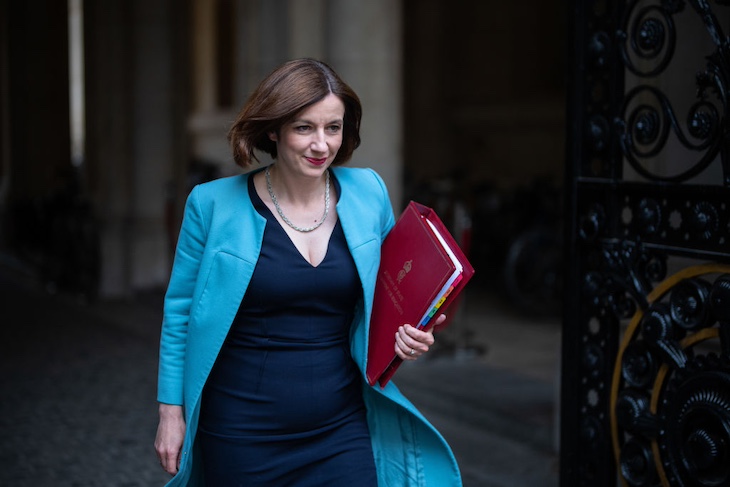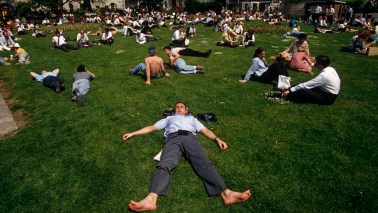Almost everyone is aware of the concept of peak hours pricing. If you buy a train ticket to travel during rush hour it costs more than at other times. Few people object to this. Indeed, most of us think it helps. It means that people who don’t need to travel in that period will pick another time instead, so there’s space on the train for the people that do need to travel then. Peak hours pricing is just one very simple example of what economists call ‘dynamic pricing’ or ‘surge pricing’ – a system in which the prices paid vary according to how much demand there is. Dynamic pricing has become the latest object of suspicion following its high-profile use in the allocation of tickets for the Oasis reunion tour. The government is investigating imposing caps on how much prices can rise, with the probe extending beyond tickets for concerts and sports events.
The government is investigating imposing caps on how much prices can rise
Sir Keir Starmer has said he is looking at ‘a number of things’ to reduce concert prices, and that ‘we’ll grip this and make sure that tickets are available at a price that people can actually afford.’

Britain’s best politics newsletters
You get two free articles each week when you sign up to The Spectator’s emails.
Already a subscriber? Log in






Comments
Join the debate for just $5 for 3 months
Be part of the conversation with other Spectator readers by getting your first three months for $5.
UNLOCK ACCESS Just $5 for 3 monthsAlready a subscriber? Log in